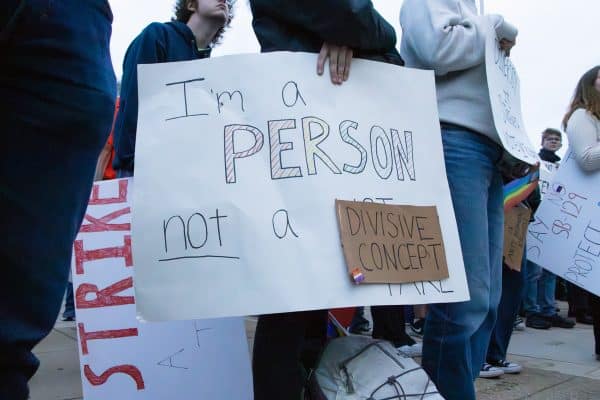The FDA should not ban JUULs
October 4, 2018
The majority of high school and college students have sat through at least one history lecture where they were shown examples of 1950s propaganda campaigns promoting the purchase of cigarettes. The mid 1900s was a prime time for advertisers promoting the use of smoking cigarettes, which showed a severe lack of knowledge behind its dangers.
Signs that read promotional slogans such as, “To keep a slender figure, no one can deny Lucky Strike Cigarettes,” truly represent the beliefs behind cigarette usage at the time. Students sit at their desk, look up at the screen and laugh while realizing there was actually a time when people didn’t know the depth of the harmful effects of cigarettes.
Present-day cigarette usage has undoubtedly lowered in popularity. According to HuffPost, the percentage of adult smokers has been more than halved in the past 50 years. Although cigarettes are on the decline, a new fad has taken their place: JUULs. Electronic nicotine products have skyrocketed in popularity due to their convenience and accessibility. E-cigarettes and JUULs were created to wean smokers off cigarettes and onto a less harmful nicotine product.
With this major popularity continuing to rise, it poses one question: Are we in yet another era where we lack the knowledge of the harmful effects that electronic nicotine products bring to the table?
Bloomberg has claimed the FDA told five major e-cigarette manufacturers to address the problem of minors using the nicotine products and to put an end to flavoring tobacco pods, since the variety of flavors attracts a younger crowd. If there is nothing done by the major e-cigarette companies, the FDA has threatened a ban on the products altogether.
This potential ban would be taking away Americans’ rights to freely choose. Although it may not be the most beneficial health choice to invest in JUULs or e-cigarettes, it is still their freedom to make that choice.
It would also lead people back to smoking cigarettes, which have been said to contain more toxins and carcinogens than their electronic counterparts. Cardiologist Holly Middlekauff does not necessarily recommend the use of JUULs; however, she says they are safer than conventional cigarettes.
Whether it be from a history lecture of campaigns from the ‘50s or commercials seen today protesting cigarettes, people are no longer oblivious to potential harm like they once were. The front of JUUL pod packages states the negative impacts of addictive nicotine, making the consumer fully alert.
Rather than an entire ban of JUULs, the FDA should be monitoring the illegal purchase by minors and regulating the flavors to make them less tempting to minors. Since studies have shown that nicotine has an effect on the developing mind, minors’ usage of JUULs should be the main area of concern, rather than those buying and using above the age limit.











